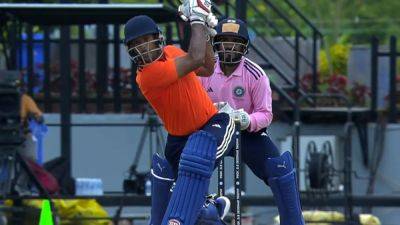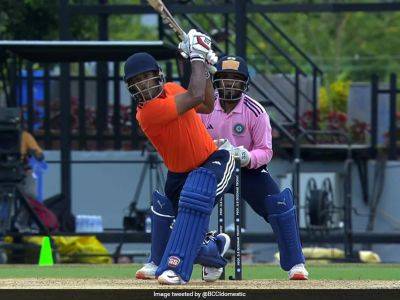Repetitive heading may increase risk of cognitive impairment in later life - FA study
Researchers have found evidence suggesting that repetitive heading of balls during a professional soccer career is associated with a higher risk of cognitive impairment in later life, according to a study commissioned by England's Football Association (FA).
The independent research study, jointly commissioned by the Professional Footballers' Association (PFA), was conducted by the University of Nottingham and spoke to over 450 retired professional footballers over the age of 45.
"The former professional footballers who took part in the study were asked to recall how many times they headed the ball per typical match and per typical training session; 0-5, 6-15 and over 15 times," it said.
"... those who recalled that they typically headed the ball 6-15 times in a match were found to be 2.71 times more likely to score below the test threshold in the cognitive status assessment than ... (footballers) who typically headed the ball 0-5 times."
According to the study, former players who headed the ball in a match more than 15 times were even more likely to score below the test threshold.
However, researchers conceded that there were several limitations to the methodology and that further study was required.
The first findings of the study, released in June, established that former footballers were 3.46 times more likely to have neurodegenerative diseases.
In April, the total number of claimants from a group of former soccer and rugby players suffering from neurological impairments rose to 380 as they joined a class-action lawsuit against their respective governing bodies.
The players allege that the sports' governing bodies failed to protect them from concussion and non-concussion injuries that caused various disorders including early








